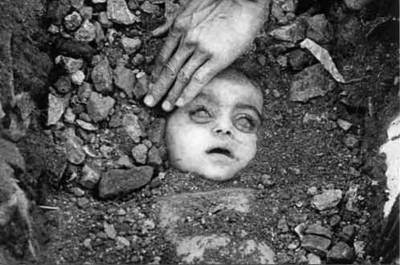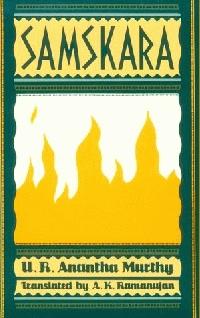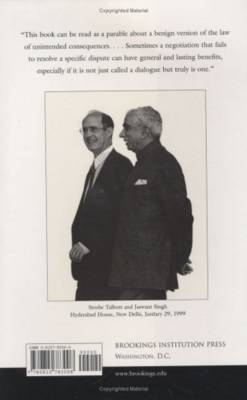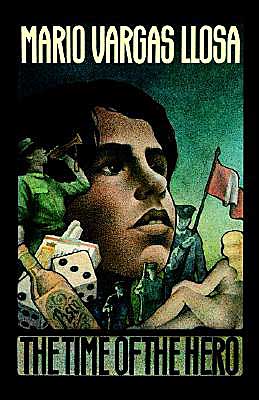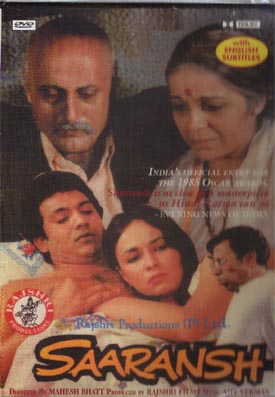Wednesday, December 01, 2004
Five Past Midnight in Bhopal
It’s almost 20 years since the greatest industrial disaster took place. Over 20,000 people have died and 1,20,000 people have been affected.
I became a big fan of Dominique Lappiere after reading "O Jerusalem" & "Freedom At Midnight”. I came to know about the magnitude and suffering of the Bhopal gas tragedy only after reading "Five Past Midnight in Bhopal". I remember a particular incident in the book, where a US judge refuses to pay a compensation equal to the compensation given to an american in such an incident. He goes on to say that a person's life is directly proportional to the GDP of the country and an indian life is not equal to that of an american as the later one's GDP is more. This was one of the many shocks that i got after reading the book.
Nearly 25,000 tons of toxic waste remains inside the factory since it stopped operations on December 4, 1984 contaminating local water and soil. Union carbide was bought over by Dow chemicals after the incident and they are washing their hands on the cleanup.
An arrest warrant was issued on Warren Anderson the then CEO of union carbide. But Anderson lives in US, without any problem what so ever.
It is so pathetic that the indian govt has not learned anything from this whole tragedy. Whether it is the compensation , cleaning or bringing Warren Anderson to justice, Indian government has screwed it big time.
There was an article in BBC asking for Global standards
-----------------------------------------------------------
"This situation calls for global norms and procedures for companies.
A universal framework should set minimum standards across national borders that would be respected wherever a company operates. It should give victims a voice even when national systems fail and governments prefer to protect investors' interests over the rights of their own citizens. The UN Human Rights Norms for Business is the most comprehensive attempt to establish such global standards and should be the basis for this framework.
The Norms charge governments with the primary obligations for the promotion and protection of human rights and set out in a single, succinct statement, a comprehensive list of the human rights responsibilities of companies.
They set an international framework that business can measure itself against and a global benchmark to measure national legislation and check whether governments are living up to their obligations.
Regrettably, some governments and business organizations are opposing these developments and trying to undermine their importance. US Judge Dodge stated in a case involving Dow chemicals that corporate accountability cannot be achieved if: "the United States allows its corporations to adhere to double standards when operating abroad and subsequently refuses to hold them accountable".
Take Action Click here
Take the message to Dow
10 amazing facts about the bhopal tragedy
<< Home
